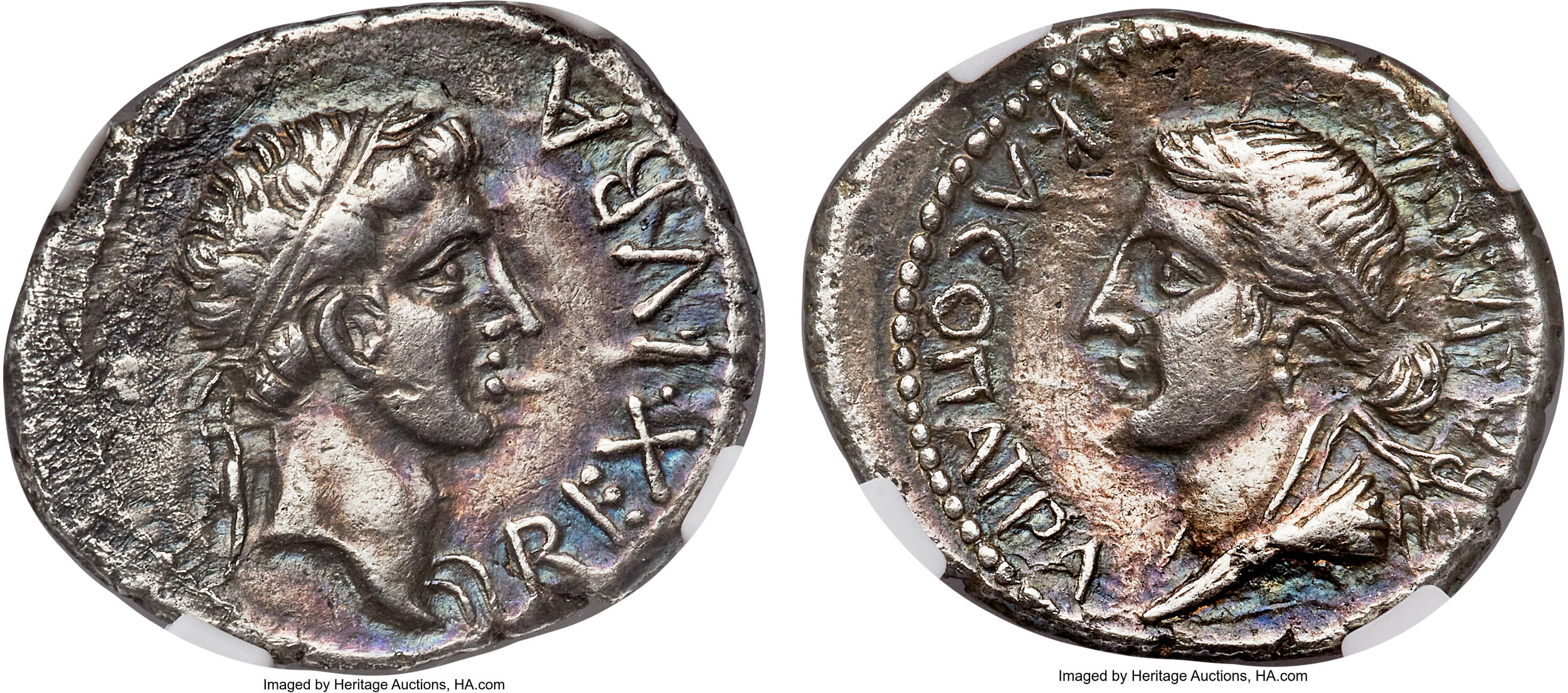
Cleopatra Selene II: The Untold Truth Exposed!
A Journey into the Life and Legacy of a Remarkable Ptolemaic Queen
Descendant of a Storied Dynasty
Cleopatra Selene II, a prominent figure in the Ptolemaic dynasty of ancient Egypt, was born in approximately 40 BCE. Her lineage traced back to the illustrious Ptolemy I Soter, a general under Alexander the Great, and Berenice I, an ambitious and capable queen. As a descendant of this renowned dynasty, Cleopatra Selene inherited a legacy of power, wealth, and intrigue that would shape her life.
Early Years and Education
Cleopatra Selene’s upbringing was steeped in the traditions and customs of her royal family. She received a comprehensive education, studying literature, philosophy, science, and the arts. Her proficiency in languages, including Greek, Egyptian, and Latin, allowed her to communicate effectively with diverse populations.
Marriage to Juba II
In 25 BCE, Cleopatra Selene married Juba II, the king of Mauretania (present-day Morocco and Algeria). This strategic alliance aimed to solidify the Ptolemaic dynasty’s influence in North Africa and secure its borders. The union between Cleopatra Selene and Juba II proved to be both politically advantageous and personally fulfilling.
Rule as Queen of Mauretania
Following her marriage and the death of her father, Ptolemy XII, Cleopatra Selene became the co-ruler of Mauretania alongside Juba II. She actively participated in governing the kingdom, issuing coins bearing her image and promoting the development of agriculture, trade, and the arts. Her reign was marked by prosperity and cultural advancements.
Patronage of the Arts
Cleopatra Selene was a renowned patron of the arts, supporting poets, artists, and scholars. She established a library in Caesarea, the capital of Mauretania, which became a renowned center of learning and research. Her love of culture and her efforts to promote intellectual pursuits left a lasting legacy on the region.
The Death of Juba II
In 23 CE, Juba II passed away, leaving Cleopatra Selene as the sole ruler of Mauretania. She continued to govern with wisdom and skill, fostering stability and prosperity in the kingdom. However, her reign was cut short when Emperor Caligula, known for his paranoia and cruelty, ordered her execution in 40 CE.
Legacy and Historical Importance
Cleopatra Selene II’s life and reign hold significant historical importance. As a descendant of the Ptolemaic dynasty, she played a key role in the transition of Egypt from a Hellenistic kingdom to a Roman province. Her marriage to Juba II forged an alliance between two powerful kingdoms and promoted cultural exchange. Her patronage of the arts and her contributions to education and intellectual pursuits left a lasting legacy on Mauretania and the wider Mediterranean region.
Literary Depictions and Popular Culture
Cleopatra Selene II’s story has captured the imagination of writers and filmmakers, inspiring literary works and cinematic adaptations. Her character appears in Shakespeare’s play “Antony and Cleopatra,” where she is portrayed as a beautiful and cunning princess. In recent years, Cleopatra Selene has also been featured in popular television series, showcasing her role as a strong and influential queen.
Historical Evidence and Archaeological Discoveries
Our understanding of Cleopatra Selene II’s life and reign is drawn from various historical sources, including Roman and Greek writings, inscriptions, and archaeological evidence. The discovery of coins and statues bearing her image, as well as inscriptions commemorating her achievements, has shed light on her role in Mauretania and her relationship with Juba II.
Ongoing Research and New Insights
Research into Cleopatra Selene II’s life and legacy continues to uncover new insights. Scholars are studying inscriptions, analyzing coins, and exploring archaeological sites to gain a deeper understanding of her reign and its impact on Mauretania and the broader Mediterranean world.
Conclusion
Cleopatra Selene II was an extraordinary figure who left an enduring mark on history. As a descendant of the Ptolemaic dynasty, queen of Mauretania, and patron of the arts, her life and reign were a tapestry of power, intrigue, and cultural advancement. Her legacy continues to fascinate and inspire, highlighting the significant role she played in shaping the ancient world.
Leave a Reply